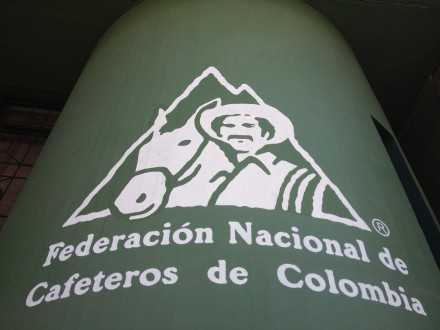BOGOTÁ, Colombia – Colombian coffee growers are getting ready to show the world the first 240,000 native-species trees planted so far this Government term as a contribution of the FNC to the national goal of planting 180 million trees during the four-year period.
Since 1993, the Colombian Coffee Growers Federation has successfully implemented a forest and biodiversity conservation program, in partnership with the Colombian and German Governments, that has had a significant impact on 59 municipalities of 8 coffee departments.
And in line with the ambitious reforestation goals of President Ivan Duque’s Government, the FNC will contribute to this national goal with the commitment to the nation that it has always shown.
After the Ministry of Environment and Sustainable Development set the guidelines for this type of reforestation (native species and guaranteed care), the FNC applied itself to identify how many trees, of the millions that it has planted to date (including timber species), were eligible to contribute to the national goal.
“We are going to register the first 240,000 trees in coffee regions as the FNC’s initial contribution to the goal of 180 million trees, with the guarantee that they will be well preserved,” Roberto Vélez, the FNC CEO, said.
And in the remaining term of this Government, the coffee grower union will contribute new plantings in an amount yet to be determined.
As a way to boost this great effort, throughout the year the FNC will carry out several “Sembratones (Plant-athons),” of which a first one was already held in Zapatoca, Santander, a few days ago.
FNC ’s iconic environmental program
The forestry and biodiversity program, the FNC’s flagship program for environmental sustainability, contributes to care of ecosystems and adaptation of coffee farming to climate variability through integrated river basin management.
This program has implemented actions for proper land use, combining coffee crops with agroforestry arrays, forestry plantation and hedges, as well as actions for conservation and care of native forests, with a management and planning approach that favors biodiversity habitat connectivity (corridors) in coffee regions, and sustainable production practices that use and pollute less water, rationalize the use of agrochemicals, and reduce organic and inorganic waste.
For its scope and results, this program is a successful model in coffee farming on a global scale (with significant impacts also in the economic and social dimensions of sustainability), whose progress so far this government will be very helpful to the national reforestation goal.
“We have a model that works. It is not about just planting, but having a care guarantee, which in our case is met because the benefited coffee growers are committed to caring for those trees,” the FNC CEO said.















